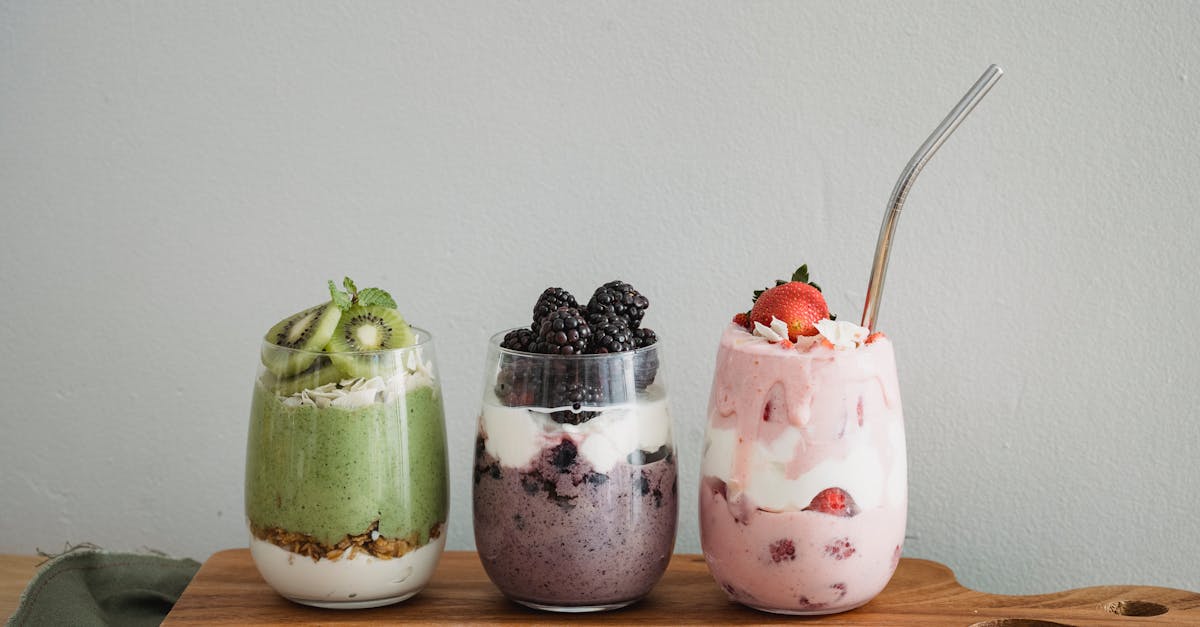
Introduction
In today’s fast-paced world, nutritional beverages have emerged as a convenient solution to meet dietary needs. Known as modern sips, these drinks offer a blend of essential nutrients, catering to various health goals such as energy boosting, weight management, and hydration. As our lifestyles become busier, the demand for quick, nutrient-rich solutions continues to rise. These beverages range from protein shakes to green juices, promising health benefits in each sip. But what exactly makes them a popular choice among consumers? This article delves into the myriad aspects of modern sips nutrition.
The Benefits of Nutritional Beverages
Modern sips are designed to deliver essential nutrients efficiently and conveniently. They often contain vitamins, minerals, proteins, and other beneficial compounds. For those pressed for time, nutrient-infused drinks provide an easy way to ensure their body receives what it needs. Many are formulated to support specific health objectives, such as improving digestion or enhancing athletic performance. Moreover, they cater to diverse dietary preferences, including vegan, gluten-free, and lactose-free options. As a result, these beverages make consuming a balanced diet feasible, even on the go.
The Science Behind Nutritional Drinks
Nutritional beverages are developed with precision, relying on scientific research to formulate effective drinks. Nutritionists and food scientists combine functional ingredients in specific ratios to create beverages that maximize health benefits. Ingredients like adaptogens, antioxidants, and probiotics are often included to support overall wellness. The careful design ensures that each drink not only provides nutrients but also enhances bioavailability, meaning our bodies can absorb these nutrients more effectively. The success of these modern sips hinges on this scientific precision, making every taste both enjoyable and beneficial.
Popular Ingredients and Their Roles
A variety of ingredients are commonly found in nutritional beverages, each serving a particular purpose. - **Protein**: Often sourced from whey, pea, or rice, it aids in muscle repair and maintenance. - **Fiber**: Essential for digestive health and found in whole grains, fruits, and vegetables. - **Green superfoods**: Such as spirulina or kale, deliver potent nutritional benefits. - **Probiotics**: Promote a healthy gut and improve digestion. - **Antioxidants**: Neutralize free radicals, potentially reducing the risk of chronic diseases. By understanding these ingredients, consumers can choose beverages that align with their individual health goals.
Environmental and Ethical Considerations
As demand grows, so does the responsibility to produce nutritional drinks sustainably. Many brands are adopting eco-friendly practices, emphasizing recyclable packaging and responsibly sourced ingredients. This focus on sustainability ensures that the health benefits extend beyond personal wellness. Ethical considerations also play a role, with some companies prioritizing fair-trade practices and maintaining transparent ingredient sourcing. These aspects contribute to a broader impact, fostering a healthier planet while providing consumers with quality nutrition.
Challenges in the Nutritional Beverage Market
Despite their popularity, nutritional beverages face several hurdles. One primary concern is the potential for high sugar and calorie content in some drinks, negating their health benefits. Clear labeling and consumer education are essential to combat these misconceptions. Additionally, the market faces skepticism regarding the efficacy of claims made by manufacturers. Rigorous scientific trials and transparency are crucial for maintaining consumer trust. As the industry evolves, addressing these challenges becomes vital to ensuring continued growth and consumer satisfaction.
The Role of Innovation and Technology
Innovation is at the heart of modern sips, with technology playing a pivotal role in their advancement. Smart packaging, for example, can track consumption and dietary intake. Advanced formulations focus on personalization, allowing consumers to tailor drinks to specific nutrient deficiencies or health conditions. Moreover, emerging technologies in food processing enhance the nutritional profile, flavor, and shelf life of these beverages. As the industry continues to innovate, the alignment of technological advances with consumer dietary needs seems promising.
Consumer Trends and Preferences
Health-conscious consumers are driving a shift toward cleaner, more natural ingredients in nutritional drinks. Organic labels, minimal artificial additives, and transparent ingredient lists are now leading consumer preferences. Convenience remains a priority, with ready-to-drink options overshadowing traditional mixes. Social media has also influenced trends through influencers advocating specific brands, flavors, and health benefits. As consumers become more aware of nutrition, manufacturers are aligning product development with these evolving preferences, keeping pace with market demands.
The Future of Modern Sips Nutrition
Looking ahead, modern sips nutrition is poised for significant growth and diversification. Sustainability and plant-based options are likely to remain central themes, appealing to a broad consumer base. Personalized nutrition, leveraging consumer data to tailor beverages, seems to be a promising trend. Additionally, innovations will continue to push the boundaries of taste, texture, and health benefits. Interdisciplinary collaborations, involving nutritionists, technologists, and sustainability experts, will shape the future, ensuring that these beverages meet both health and environmental goals.
Summary and Conclusion
Nutritional beverages, or modern sips, have revolutionized how we meet our dietary needs, blending convenience with health benefits. As the industry evolves, emphasis on sustainable practices, scientific research, and innovation will continue to shape its trajectory. With their ability to cater to diverse dietary preferences and lifestyles, these drinks remain an essential part of modern nutrition. As consumers seek transparency and efficacy, the future for these beverages looks promising, with innovation at the helm. In conclusion, modern sips nutrition not only supports individual health but also offers a sustainable pathway for future dietary solutions.